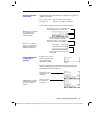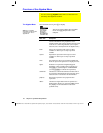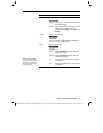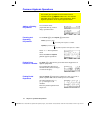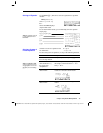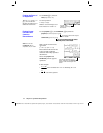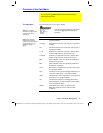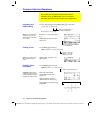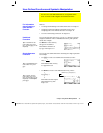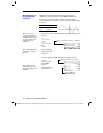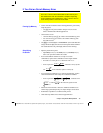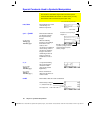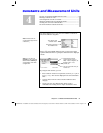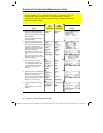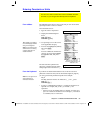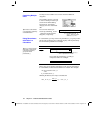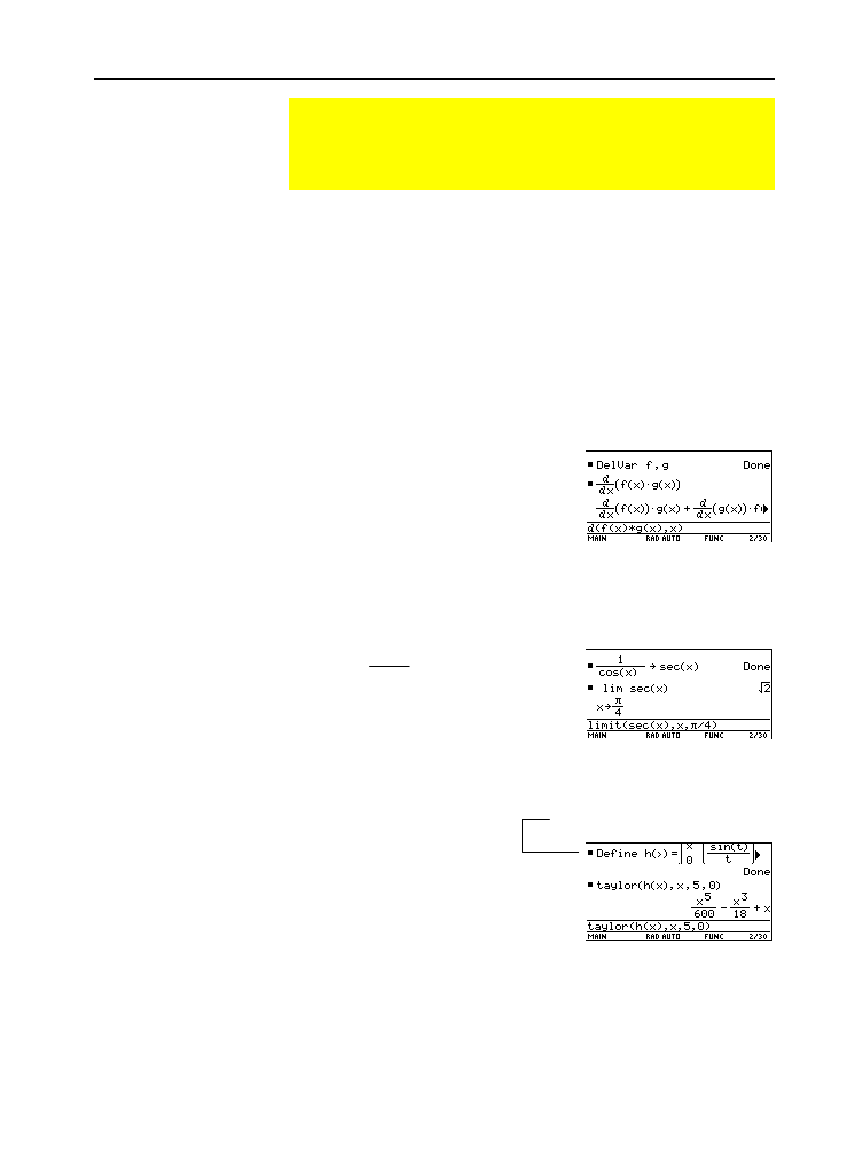
Chapter 3: Symbolic Manipulation 77
03SYMBOL.DOC TI-89/TI-92 Plus: Symbolic Manipulation (English) Susan Gullord Revised: 02/23/01 10:52 AM Printed: 02/23/01 2:12 PM Page 77 of 24
Refer to:
¦ “Creating and Evaluating User-Defined Functions” in Chapter 5.
¦ “Graphing a Function Defined on the Home Screen” and
“Graphing a Piecewise Defined Function” in Chapter 12.
¦
“Overview of Entering a Function” in Chapter 17.
You can use functions such as
f(x)
,
g(t)
,
r(
q
)
, etc., that have not been
assigned a definition. These “undefined” functions yield symbolic
results. For example:
Use
DelVar
to ensure that
f(x)
and
g(x)
are not defined.
Then find the derivative of
f(x)
ù
g(x)
with respect to
x
.
You can use user-defined functions consisting of a single expression.
For example:
¦ Use
§
to create a user-defined secant function, where:
sec(x) =
1
cos(x)
Then find the limit of
sec(x)
as
x
approaches
p
/4
.
¦ Use
Define
to create a user-defined function
h(x)
, where:
h(x)=
⌡
⌠
0
x
sin(t) / t
Then find a 5th order Taylor
polynomial for
h(x)
with
respect to
x
.
User-Defined Functions and Symbolic Manipulation
You can use a user-defined function as an argument for the
TI
-
89 / TI
-
92 Plus’s built-in algebra and calculus functions.
For Information
about Creating a
User-Defined
Function
Undefined
Functions
Tip: To select
d
from the
Calc
toolbar menu, press
…
1
(or press
2
=
on the
keyboard).
Single-Statement
Functions
Tip: To select limit from the
Calc
toolbar menu, press
…
3
.
Tip: To select
‰
from the
Calc
toolbar menu, press
…
2
(or press
2
<
on the
keyboard). To select taylor,
press
…
9.
Define h(x)=
‰
(sin(t)/t,t,0,x).



